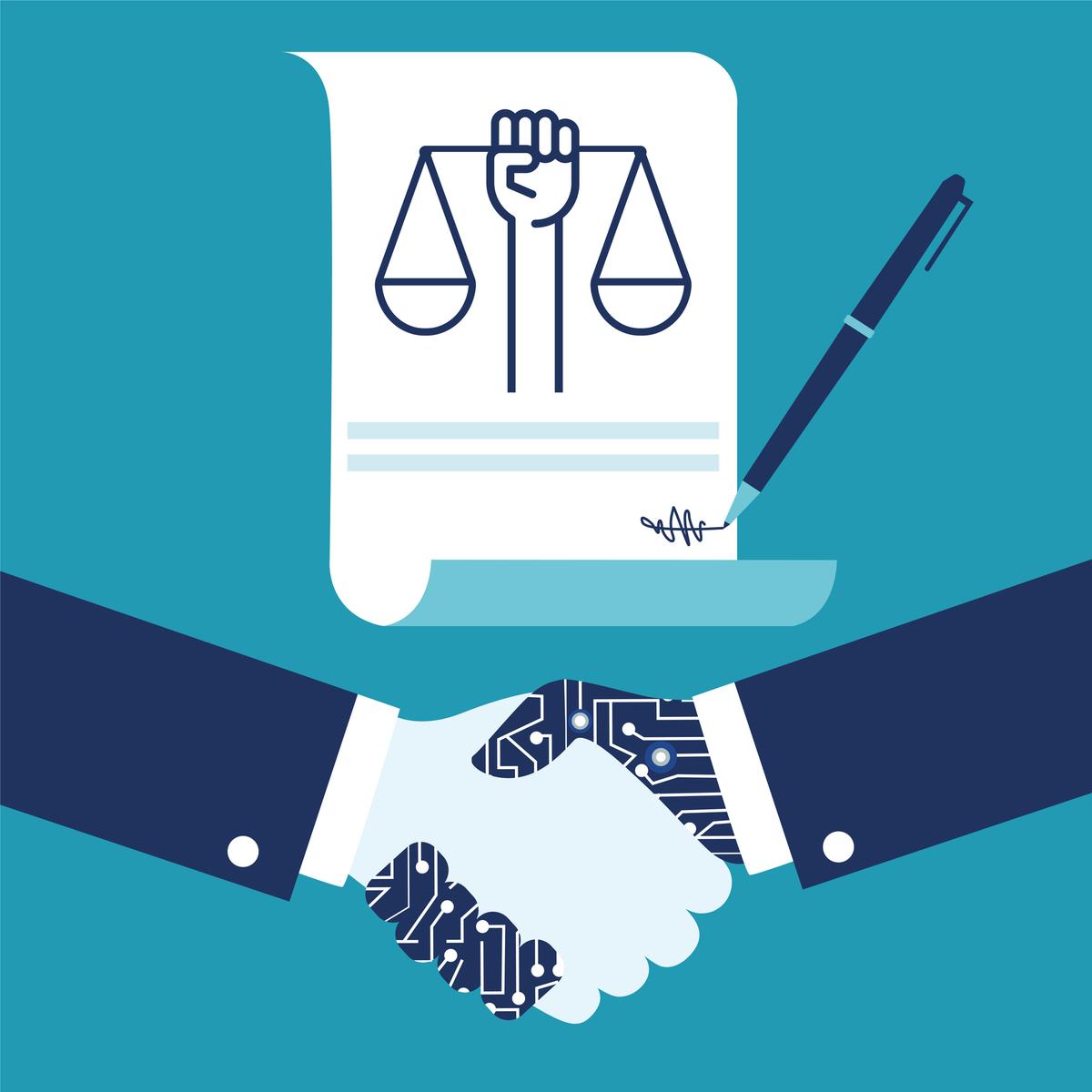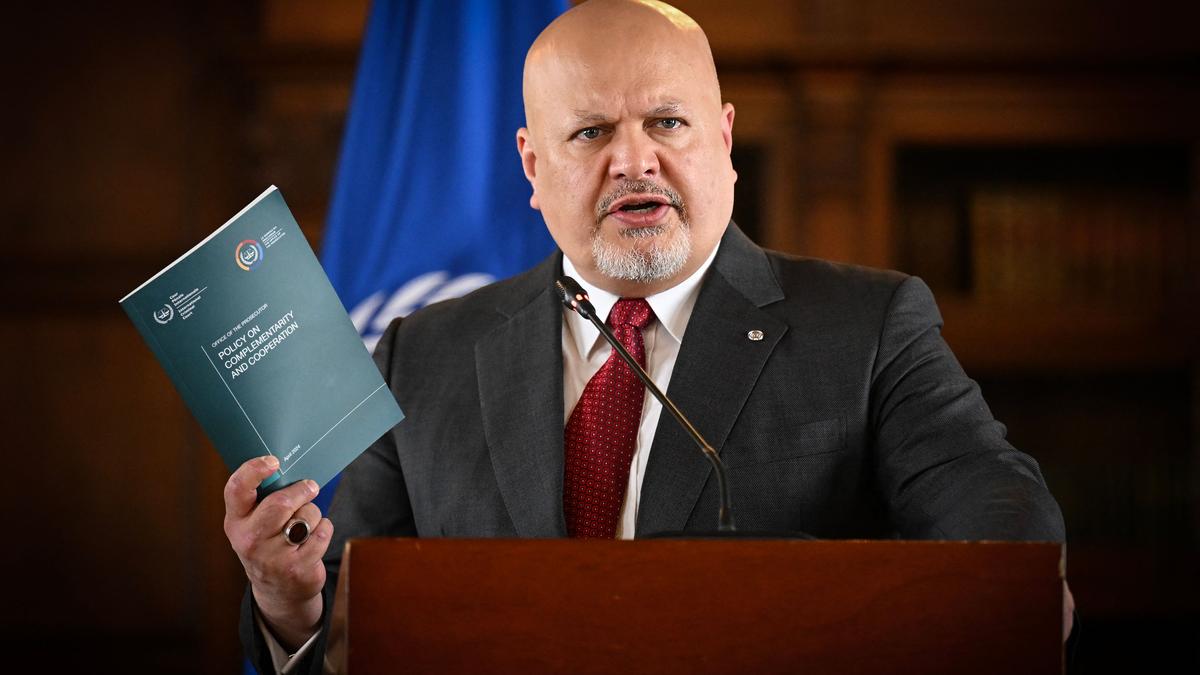Europe's AI Convention: Harmonizing Innovation with Democratic Integrity and Human Rights

The management of artificial intelligence (AI) on a global scale is growing more complex as countries try to control AI domestically through different laws and executive orders. A worldwide AI treaty has been recommended by many experts, however there are substantial barriers in the way of reaching such a comprehensive agreement. The Council of Europe (COE) has adopted the Framework Convention on Artificial Intelligence and Human Rights, Democracy and the Rule of Law, sometimes known as the "AI convention," which is a significant step in the midst of this complexity. With a clear connection to human rights, democracy, and the rule of law, this development represents an important turning point in the governance of AI.
The AI Convention in Europe
Even though numerous publications have outlined ethical standards, "soft law" instruments, and governance principles, none of them are legally binding or seem likely to result in an international treaty. Furthermore, there aren't any ongoing international talks to create an AI treaty at this time. In light of this, the COE's acceptance of the AI convention on May 17th is a noteworthy development. With 46 member states, the COE is an intergovernmental organization that was founded in 1949. The AI convention, which emphasizes AI's alignment with human rights, democracy, and responsible use, is scheduled to go up for signature on September 5. Its goal is to offer a complete framework for AI governance.
A Framework Convention: What Is It?
One kind of legally binding agreement that sets forth broad promises and goals is called a "framework convention." It sets up the means by which these objectives will be accomplished, with precise goals and actions being specified in later agreements, or protocols. One framework treaty that addresses concerns about live modified organisms is the treaty on Biological Diversity, which also has a protocol beneath it called the Cartagena Protocol on Biosafety.
The framework convention approach's flexibility is what makes it useful. It gives parties the freedom to choose how to put the convention's guiding principles into practice in accordance with their own capabilities and goals, while also allowing the essential procedures and principles to be encoded. Thus, the AI convention may act as a springboard for more regional gatherings of this kind. Furthermore, because the US is a member of the Council on Emerging Technologies (COE), the AI convention may have an indirect impact on AI governance in the US, a major hub for AI innovation worldwide.
The Convention's Scope
The articles of the AI convention specify its scope. According to Article 1, the goal of the agreement is to guarantee that all actions taken during the lifecycle of an AI system are compliant with the rule of law, democracy, and human rights. To elaborate, Article 3 clarifies that the convention encompasses actions throughout the AI system lifecycle that can conflict with these principles. It requires each party to apply the convention to actions taken by government agencies or private parties working on their behalf. In addition, it mandates that parties handle risks and effects resulting from AI activity in the private sector in a way that is consistent with the goals of the convention.
This wide range guarantees thorough monitoring of AI systems with the goal of minimizing any detrimental effects on democratic procedures and fundamental rights. The convention aims to provide a governance framework that gives ethical and human rights considerations top priority throughout the AI lifecycle by incorporating these standards.
Taking Care of National Security Issues
National security issues are similarly covered by the AI convention, but with some important exceptions. These exemptions, which cover national defense, research, development, and testing, and national security interests, are described in Articles 3.2, 3.3, and 3.4. As a result, the convention does not apply to AI used for military purposes. Although there may be some worries about this exclusion, it is a practical step that acknowledges the existing lack of agreement on how to regulate military AI uses.
These exclusions are not unqualified, though. The treaty does not completely exclude its application to testing and national security. The convention may handle a wide range of AI activities while acknowledging the difficulties and sensitivities related to national security thanks to this sophisticated approach.
General Responsibilities and Execution
The parties to the treaty are subject to a number of general requirements. Article 5 places more emphasis on upholding the rule of law and maintaining the integrity of democratic processes than Article 4, which emphasizes the protection of human rights. The convention's all-encompassing approach to AI governance is reinforced by Article 5, which requires parties to take action against risks like disinformation and deepfakes even though they aren't specifically addressed.
The treaty also emphasizes the necessity of strong procedural protections and efficient remedies. Governments are required by Article 14 to implement methods to resolve complaints about the effects of AI systems, while Article 15 calls for the implementation of procedural safeguards to guarantee adherence to the convention's goals. The commitment of the convention to upholding strong supervision and accountability procedures is emphasized by these provisions.
Reasons for Needing the AI Conference
There are no new human rights related to AI introduced by the AI treaty. Rather, it restates the need to defend fundamental and human rights as guaranteed by both national and international law when applying AI systems. This reaffirmation is essential since it makes sure that the application of AI doesn't undermine already-established human rights frameworks.
The agreement primarily imposes obligations on governments, who are required to put in place efficient protections and remedies. The agreement seeks to reduce the hazards associated with AI systems while defending democratic processes and human rights by adopting a holistic approach. Although there will inevitably be obstacles in the way of its implementation, given how quickly technology is advancing and how slowly policy is being developed, the convention is a big step in the right direction toward responsible AI governance.
In summary
To sum up, the acceptance of the AI convention by the COE is a major step forward for the global governance of AI. The agreement establishes a thorough framework that tackles the ethical and societal implications of AI systems by connecting AI governance to human rights, democracy, and the rule of law. The structure of the AI convention offers a flexible and strong way to guarantee that AI development and application are in line with democratic norms and fundamental rights, even while obstacles to its implementation still exist. The AI convention is a vital instrument for promoting ethical and responsible AI practices globally, even as countries try to figure out how to manage AI.

